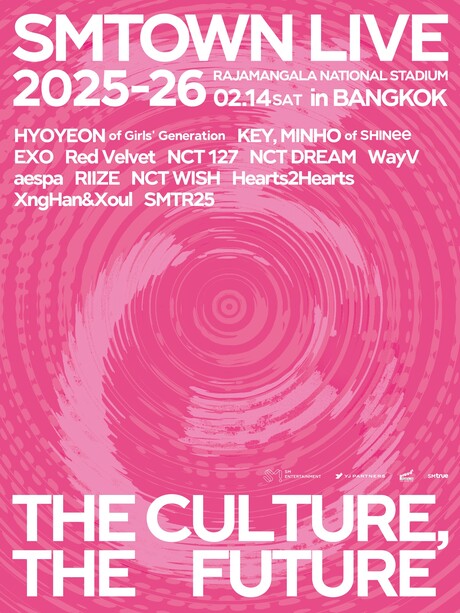Korean pop music has become an unstoppable cultural force in the Philippines, with its influence visible everywhere from local cafés and public transportation to social media feeds. Popular groups like BTS, Blackpink, Stray Kids, Seventeen, and NewJeans have captured the hearts of millions of Filipino fans, creating what can only be described as a musical phenomenon that has swept through the country with remarkable intensity.
The Philippines has emerged as one of the world's top five countries for K-pop streaming on Spotify, with millions of daily plays demonstrating the genre's massive popularity among Filipino listeners. However, Filipino fans go far beyond simply streaming music – they immerse themselves completely in the K-pop experience by learning complex choreography routines, collecting expensive merchandise, joining dedicated fandom communities, and even organizing elaborate celebrations for their favorite idols' birthdays as community-wide events.
This deep engagement with Korean pop culture raises important questions about the relationship between entertainment consumption and mental health among Filipino Generation Z. The phenomenon represents more than casual music appreciation; it has evolved into a lifestyle and cultural identity for many young Filipinos who find meaning and connection through their participation in K-pop fandoms.
The synchronized and stylish nature of K-pop, combined with its global reach and sophisticated production values, has created an irresistible appeal for young Filipinos seeking both entertainment and community. Social media platforms like TikTok have amplified this trend, making K-pop content more accessible and shareable than ever before, while also creating new ways for fans to express their dedication and connect with like-minded individuals.
As this cultural phenomenon continues to grow and evolve, mental health experts and cultural observers are increasingly interested in understanding both the positive and negative impacts of such intense fandom engagement. The question remains whether this global obsession with Korean pop culture is providing beneficial community connections and creative outlets, or potentially contributing to unhealthy consumption patterns and unrealistic expectations among impressionable young fans.






























